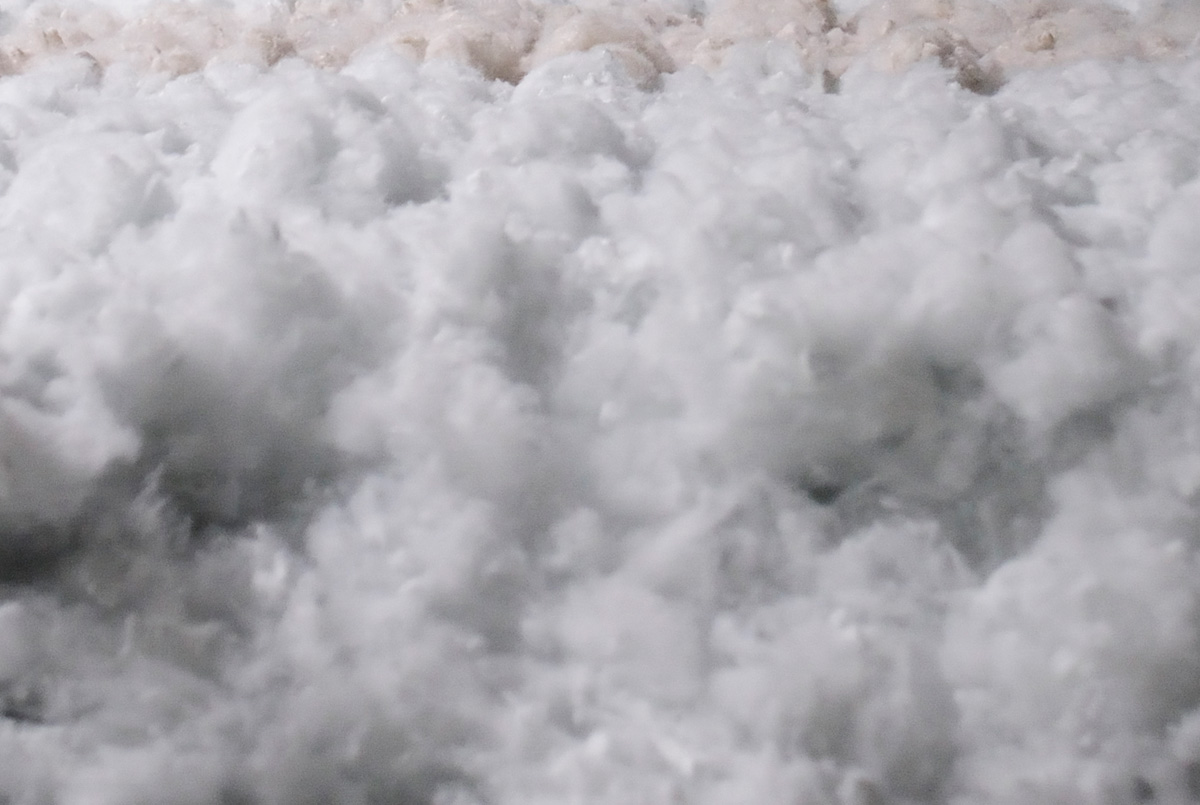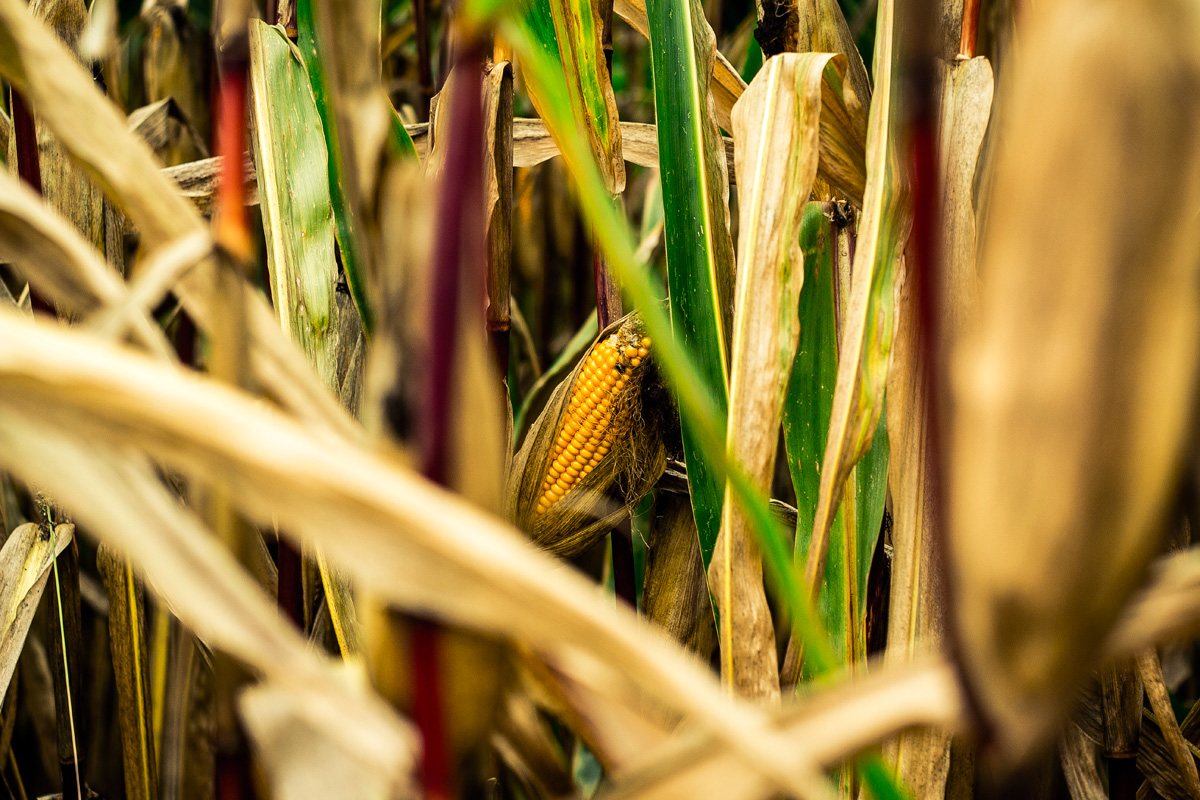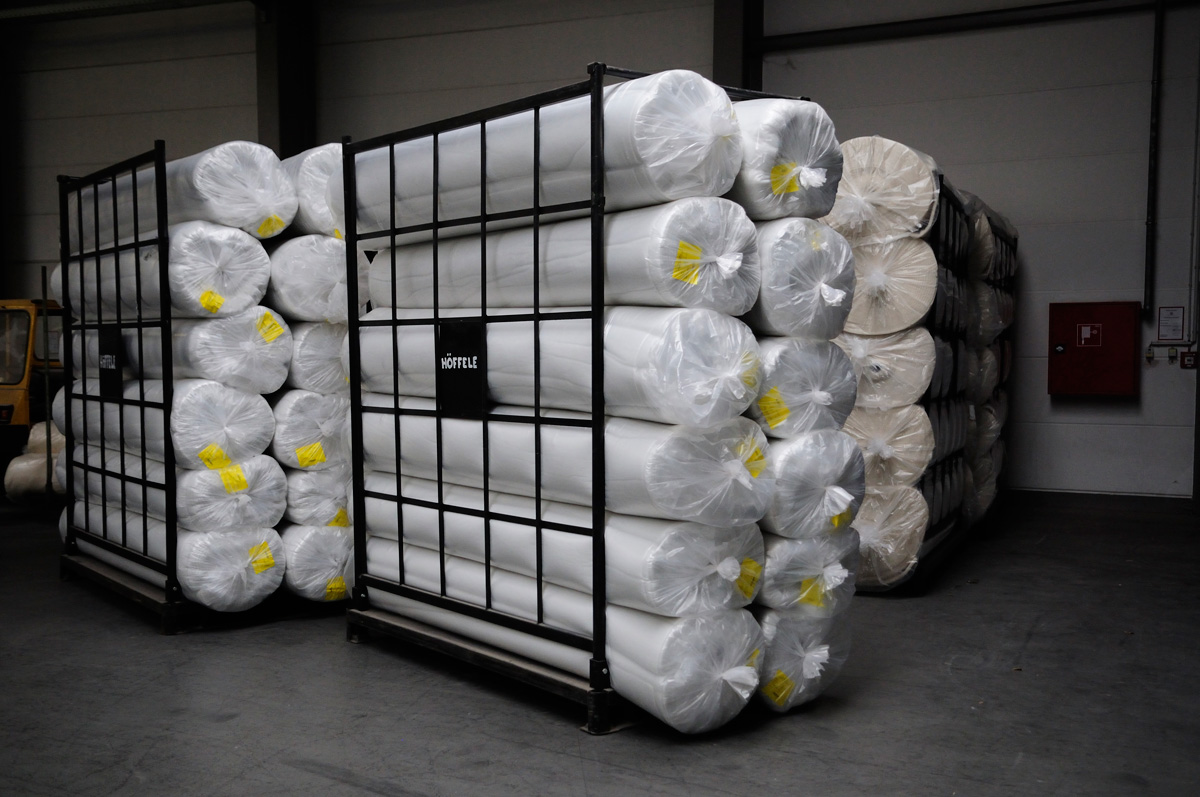Polyester

Polyester nonwovens are characterized in particular by the fact that they are soft, light, supportive, elastic, have a high rebound force, are washable and suitable for tumble drying. Furthermore, polyester nonwovens have elastic and supporting properties and a high strength recovery.
In our company, we produce exclusively thermally bonded polyester nonwovens. Based on the process, which we use since 1992, chemical spray bonding can be completely abandoned. Therefore, we ensure that our nonwovens do not contain any harmful substances and materials that are dangerous to health. During the thermal-bonding process, the nonwoven is heated to 130° Celsius and is therefore hygienically safe. Polyester nonwovens are especially recommended for products which are used by people with allergies.
Besides the standard staple fibers we have polyester fibers without optical brighteners, low antinomy polyester, siliconized hollow fibers and special polyester fibers with an antibacterial or flame-retardant finish.
One of these special fibers is Trevira CS with its flame-retardant finish. Even after several washes, the flame-retardant properties remain. Besides the flame-retardance, the textiles need to fulfill the testing standards of DIN 4102 (B1 standard).



